On poetry and finding hope in the darkness
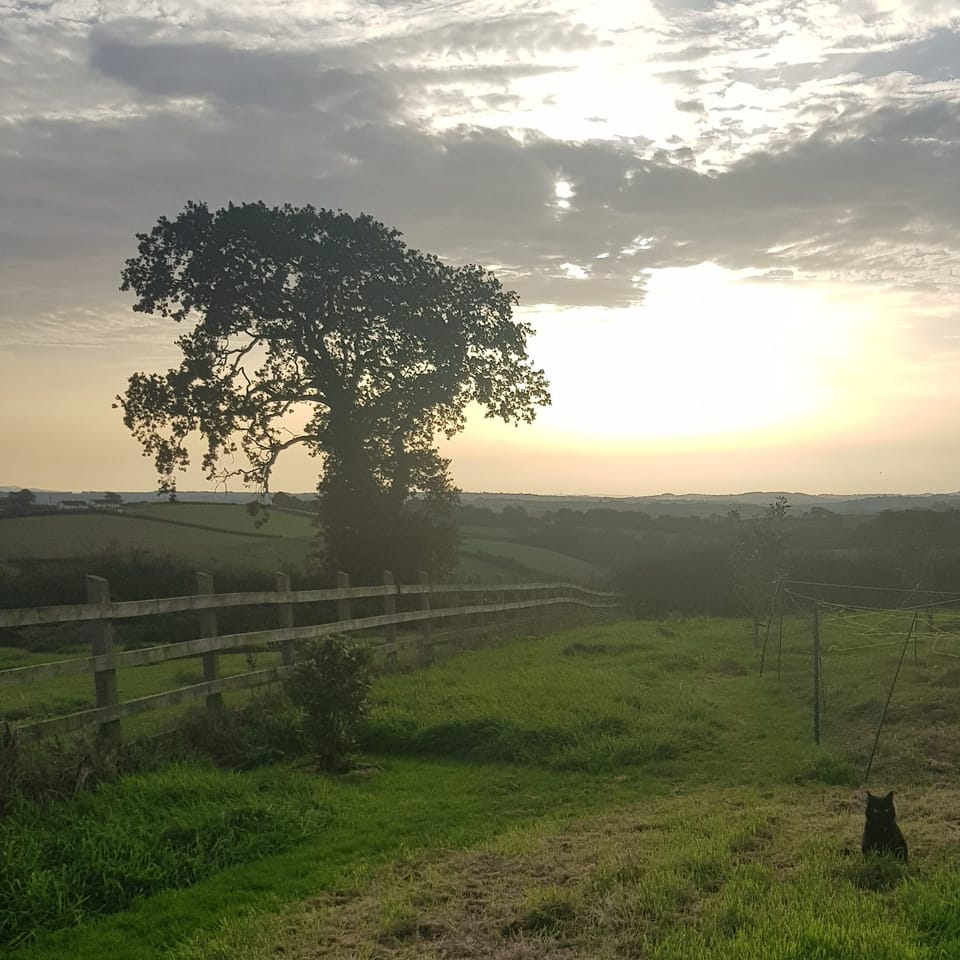
"The world is indeed full of peril and in it there are many dark places. But still there is much that is fair. And though in all lands, love is mingled with grief, it still grows, perhaps the greater."
These words from JRR Tolkien were, for a long time, my go-to salve in times of strain, a thin plaster if not a balm for wounds that felt impossible to heal but could benefit from a split second of pain relief, a sip of water when burning up, a reminder to breathe when things got tight.
I remember sending them to friends and colleagues who were working to defend and uphold the rights of sentient beings enduring the worst imaginable consequences of situations over which they had little control but suffered all the blows. And when we, in Sisyphean roles of aid and assistance, persisted in the face of our own disappointingly disproportionate lack of impact, seeking to make a difference and feeling that it was barely good enough.
I have even used them when facilitating yoga and writing classes, posted them on my social feeds as reminders to myself and anyone who might need an anchor, a tether, however impermanent, in the tidal wave of inner and outer distress.
They came to mind again as me and my partner watched the news yesterday, and felt the pang of horror, shame, despair, dismay, redundancy, rage and deep sadness in a world that continues to be engulfed by tragedy that ought to be avoidable yet continues to propel the spinning. Occupation, destitution, starvation, murder. I need not go on. It's all in harrowing sight. You don't need me to tell you what it is or what to do. I'm sure you feel it too.
"It's always been that way," my partner will say. And he's infuriatingly right. My father says it too, and he's seen it up close in too many ways. It's a reflection that comes from wounded hearts, from minds that are wide open and care deeply, who tend and attend in skillful measure. Which is to say, look, feel, talk, listen, respond, then go on, and don’t go completely under. It is action and response without resignation, feeling into without feeling utterly hopeless.
The news cycle turns, the world spins, the level of intensity of each evolution and revolution is felt depending on varying degrees of awareness and concentration, which are not always determined by our own vantage point, and more often than not by nefarious agendas.
Thank you for being here
If you find my words make a difference, please consider paying for a subscription. It would mean a lot to me & make a much-appreciated difference in return.
Upgrade to paidThe unravelling state of the world is a continuation, an escalation, an amplification. And so we turn towards it in measures, never turning away, but pausing to shift and remember that yes, this is it, and this is shittier than shit, and now, what shall we do, what can we do, what now, what next, how can we help, how can we lessen the hurt?
I don't have the answers. I, like you no doubt, have some remedies and interventions, ways of offering support and regulation, contributions and protestations.
"You have to put your own gas mask on first," a teacher said in a class I attended recently. And of course, they're right. Else we come from a place of depletion. And many people cannot help but do that because they have little choice or resource to do otherwise.
For those of us who fortunately do have a choice, who can access the glimmers and the nuance, who can find a measure of rounded understanding beyond the binary and extremes, it feels important to remember, as another beloved teacher of mine often reminds us in Dharma practice (which is to say, learning to live with an awareness of its precious impermanence and inevitable dissatisfaction): Yes, the nature of the world in this human formulation is full of suffering, but it isn't an unremitting horror show. Yes, it feels that way. Yes, this is true. And remember too, that there is more to everything than meets a narrowed gaze. So find a way to see beyond, go broader, expand rather than contract.
Which is what JRR Tolkien is saying; perhaps we can deepen rather than drown, feel more and from there, keep going onward.
In that regard, I've been turning to space, through poetry. In times of excess, of noise, of commotion, of too much of everything - too much news, too much suffering, too much intensity, too much thought and feeling - space feels vital. Space is a resource, space can hold everything, from space, via space, we can breathe.
In poetry, between the words, on the page and in the pauses that it invites us to take, we can touch into the sense that sometimes less is more. With fewer words, less input, there is room to digest, to process. With less fixation on knowing, there is more potential to feel and to understand from a place of heartfulness, rather than get entangled in our attempts to comprehend what feels incomprehensible.
The essayist and poet Rita Dove perhaps said it best: "By making us stop for a moment, poetry gives us an opportunity to think about ourselves as human beings on this planet and what we mean to each other."
In other words, poetry can illuminate our common humanity, which is especially helpful when it feels that respect for that commonality is lacking at best and shattering at worst, causing us to feel disconnected and despirited.
This poem, from one of my favourites, WS Merwin's collection, The Moon Before Morning, has been ringing true lately:
Text within this block will maintain its original spacing when publishedNow in the blessed days of more and less when the news about time is that each day there is less of it I know none of that as I walk out through the early garden only the day and I are here with no before or after and the dew looks up without a number or a present age
That's what I've got for you today. I hope it helps.
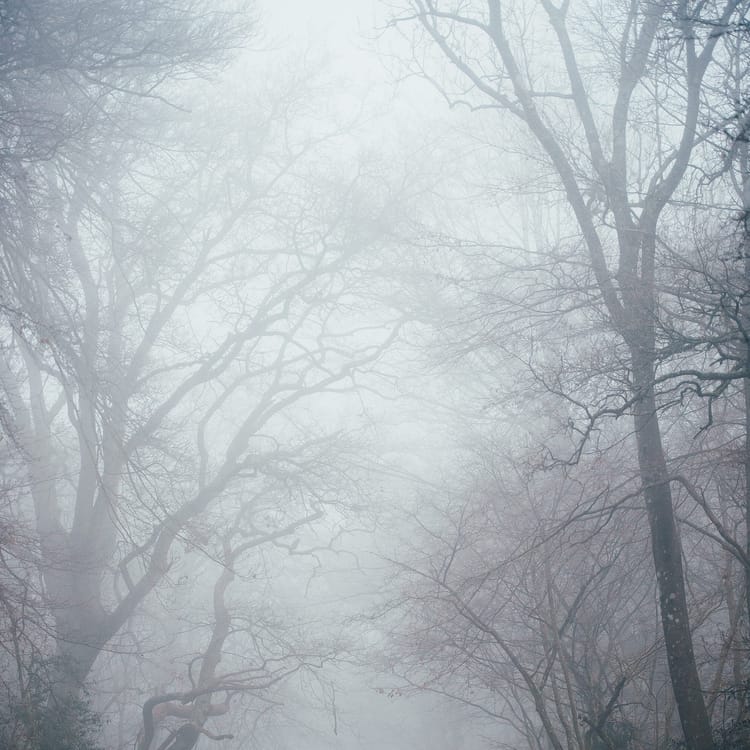
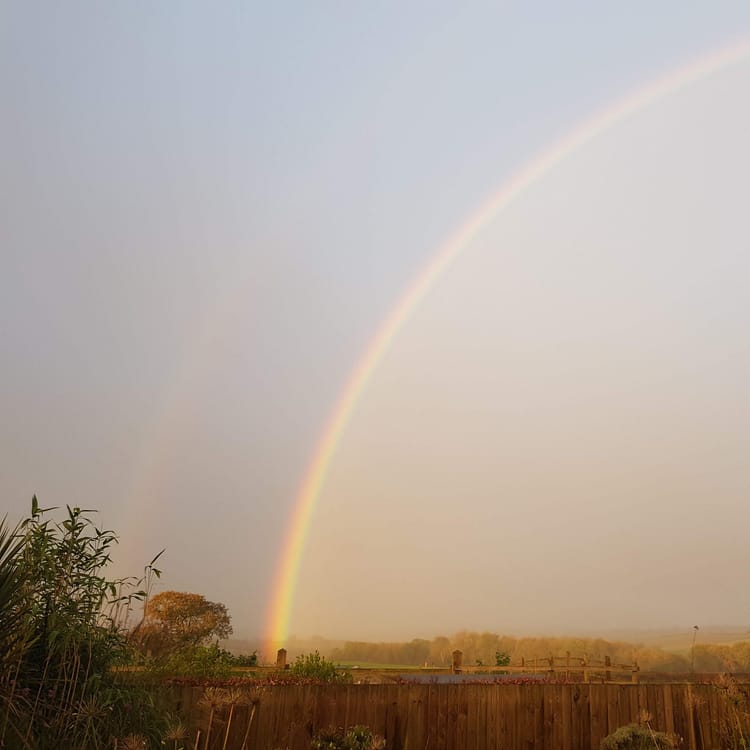
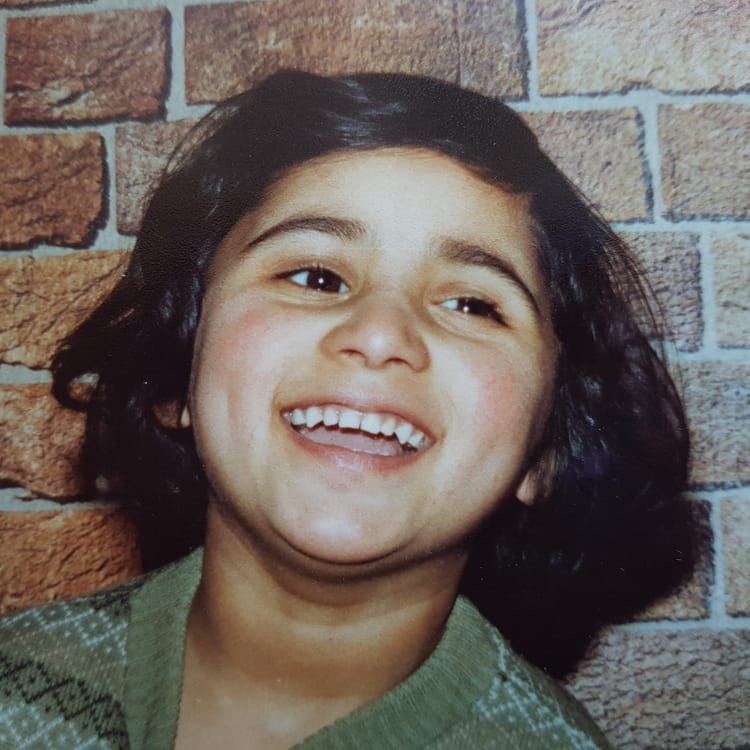
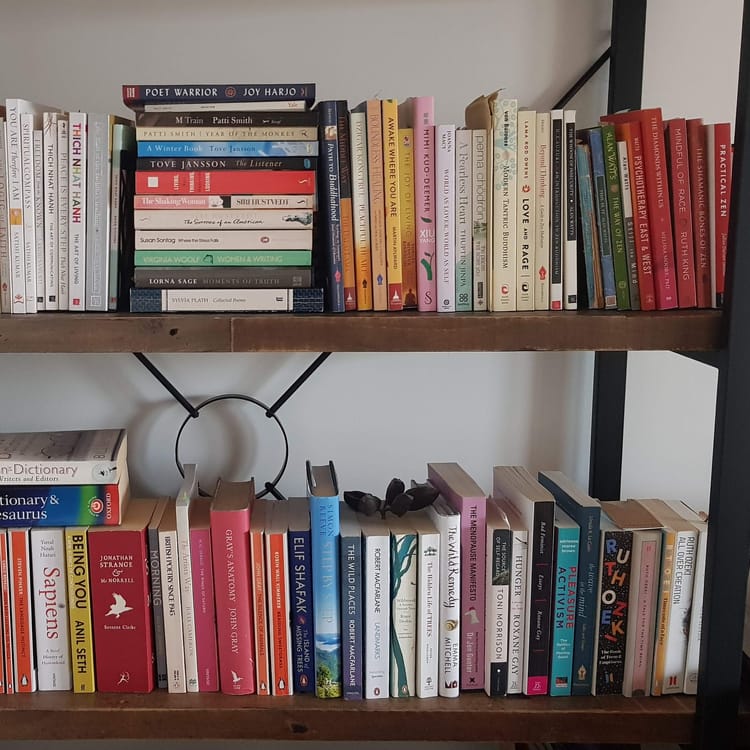
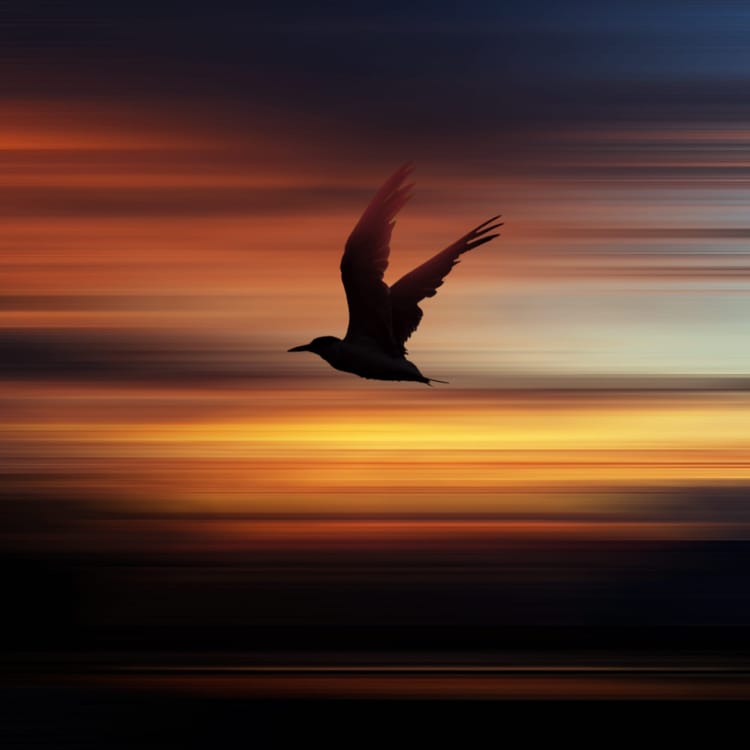
Member discussion